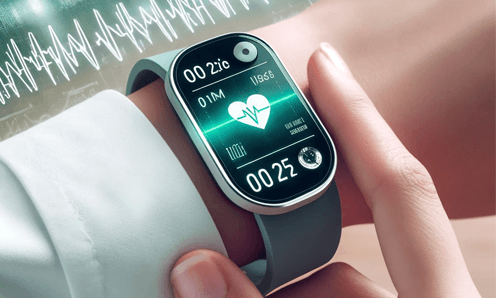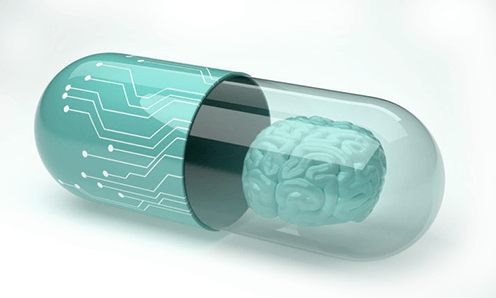Wearable Medical Devices: Transforming Pharmacists’ Role in Patient Monitoring
Wearable technology—from fitness trackers to advanced health monitors—has become an essential tool in clinical pharmacy and modern patient care. These devices collect real-time data on vital health parameters, giving pharmacists direct access to the patient’s daily health profile and enabling data-driven treatment optimization.
Why Are Wearables Important for Pharmacists?
Pharmacists are increasingly involved in chronic disease management. Through wearables, they gain access to continuous readings of:
-
Heart rate variability
-
Blood oxygen saturation
-
Sleep cycles and activity levels
-
Blood pressure and glucose data (with smart integrations)
This information supports:
-
Accurate medication titration
-
Early detection of adverse effects
-
Personalized treatment adjustments
-
Better communication between pharmacist and patient
Clinical Benefits of Wearables in Pharmacy Practice:
-
Early intervention before complications arise
-
Boost in medication adherence through alerts/reminders
-
Remote tracking for elderly or high-risk patients
-
Enhanced collaboration between pharmacists and care teams
FAQs
How do wearables improve pharmacist-patient relationships?
By enabling continuous communication and tracking, pharmacists can provide personalized support and build patient trust over time.
Are wearable devices suitable for all patient types?
They are especially useful for chronic condition patients, elderly individuals, and tech-savvy users. However, proper training and usability must be considered.



